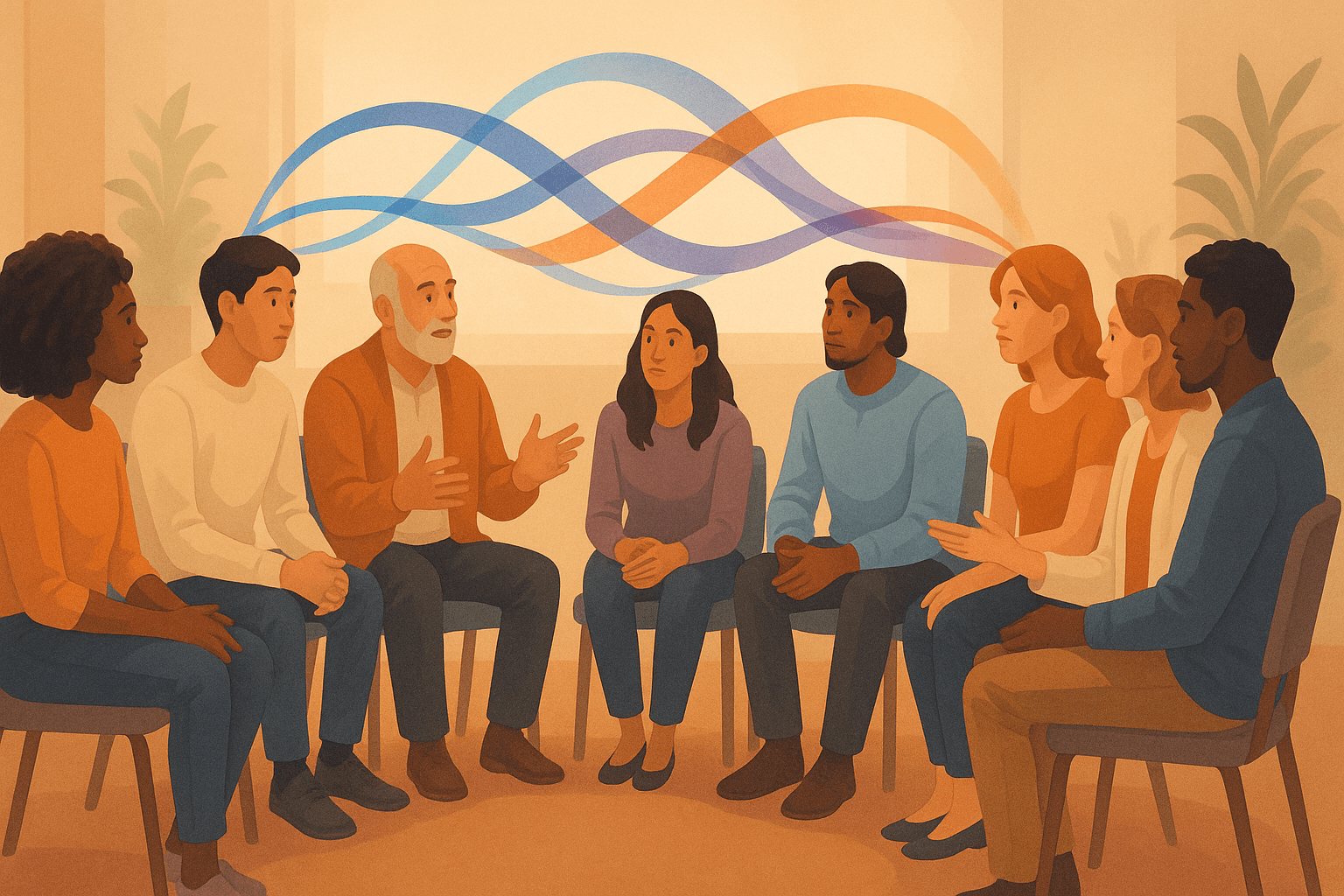
Beyond “Pro” or “Anti”: Building a Nuanced Dialogue on AI
AI isn't inherently good or bad—it's how we use it. Moving beyond polarized 'pro vs anti' debates, we need nuanced dialogue, AI literacy, and responsible adoption to shape an ethical, human-empowering future.
Phil Getzen
CEO & Founder of SoulfulAI
October 1, 2025
This weekend, I had the joy of attending a community craft night with my son in our wonderful Seattle neighborhood. It was heartwarming to see how welcoming everyone was, especially as we colored bookmarks, painted pottery, tried our hand at crocheting, and chatted about life, music, and even tattoos. However, when the conversation turned to AI, I noticed a shift.
It was fascinating how quickly it became framed as being either "pro" or "anti" AI. But AI, like computers or cars, is not inherently good or bad. Ultimately, it's what we make of it: a tool, a conversation, a solution to hard problems, & almost anything you can think of. The real question is how we use and shape it thoughtfully, ethically, and sustainably. As someone invested in human-empowering AI adoption and product design, I believe education is the cornerstone of empowerment. Thoughtful adoption can help us work smarter, reduce waste, and make better-informed decisions, without sacrificing trust or privacy. At the same time, we must recognize that some tasks should remain human-driven, and misuse of AI without literacy can cause real harm.
This is why responsible adoption matters: AI literacy empowers people to make informed, long-term decisions rather than falling into risky short-term fixes. And we also need to stretch our imagination further. By exploring possible futures, we can envision scenarios where AI isn't just criticized for its environmental costs, but leveraged as part of systemic environmental solutions that shape policies.
Ultimately, what I'm trying to get across is this: we need more nuanced dialogue on AI. Polarization may feel tempting, but by avoiding the conversation, we lose sight of where we are collectively heading. The path ahead isn't about choosing between AI and the human touch. It's about shaping an AI-enhanced future that reflects our values, ethics, and creativity.
If we want more nuanced conversations about AI, we also need more accessible ways to learn. Here are a few great (and free) resources to get started:
Anthropic AI Fluency: Framework & Foundations - A fundamentals course on working with AI responsibly, including prompt design, limitations, and ethics.
Ethics of AI (University of Helsinki / MOOC.fi) - An accessible course exploring ethical questions, real-world cases, and social impacts of AI.